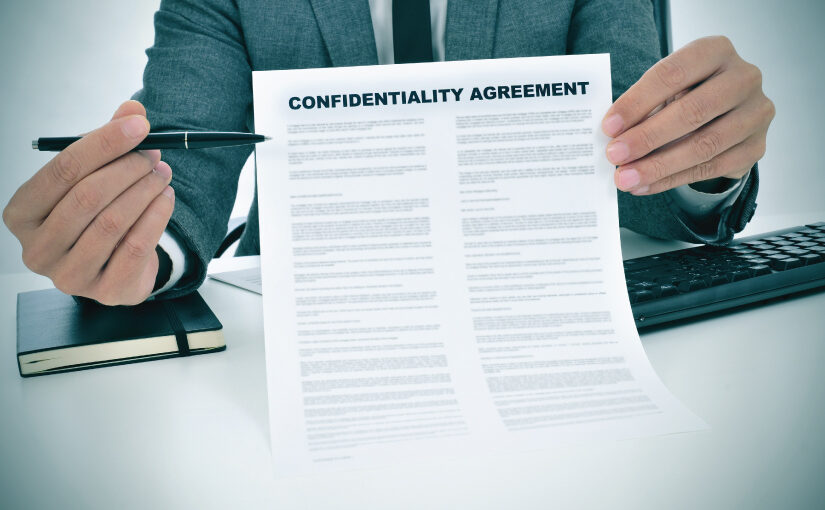The Early Bird Gets the Worm (& Expert Witness)

In deciding an issue of first impression, the Michigan Court of Appeals, in the published case of Teutsch v. Van De Ven, adopted a new test to determine whether an expert witness should be disqualified from serving as a defense expert after he had issued a bright line rule that will have application for future cases involving this issue.
This case should lead malpractice insurers and self-insured facilities to move quickly to secure relevant expert witnesses once they know of a potential claim. This will make it more likely that they will be the first party to contact such an expert witness. Additionally, prior to disclosing any materials or substantially discussing various aspects or defenses of the case, the potential expert should be required to sign a retainer agreement that contains a confidentiality provision.
In Teutsch, a medical malpractice case, the defendants filed a witness list which included three potential expert witnesses. Plaintiff moved to strike two of the three potential witnesses claiming a conflict of interest due to plaintiff’s counsel’s previous attempts to retain those same experts. In support of his argument, plaintiff’s counsel provided emails between him and the two experts seeking to retain them.
Plaintiff asserted the emails contained confidential attorney work product and that there was a long-standing professional relationship between the two experts and plaintiff’s counsel. The trial court granted plaintiff’s motion to strike. On appeal, the panel adopted the Paul test established in the federal courts[1] and added a public policy analysis as an unofficial third prong in deciding the issue of whether to disqualify an expert due to a conflict of interest.
The first prong asks whether the party seeking the disqualification acted reasonably in assuming that a confidential or fiduciary relationship existed. The second prong asks whether the expert received or had reasonable access to information and whether that information was confidential. The unofficial third prong regarding public policy considerations involve maintaining the integrity of the judicial process, maintaining accessibility to experts with specialized knowledge, and considering whether the opposing party would be unduly burdened by having to retain a new expert.
After articulating the newly adopted test that the Court of Appeals would use to decide this issue, it remanded the matter to the trial court for reconsideration.
From a legal perspective, the panel’s adoption of this new test in Teutsch reiterates the high burden that must be overcome by the party seeking disqualification of an expert based on a conflict of interest. In order to obtain disqualification, there must be a substantial demonstration that the expert was exposed to the attorney’s confidential thoughts and impressions of the case, and that there was a reasonable expectation that the expert would keep that information confidential. “Confidential information” includes specific disclosures and it must be readily identified as either attorney work product or fall within the attorney-client privilege.
FBMJ attorneys represent medical professionals and health care facilities in the defense of malpractice claims, as well as other healthcare-related matters, including contract and third-party issues, third-party audits, general business/operations issues, licensing, and employment-related matters. For more information, please contact Anthony Pignotti or Nicole Joseph-Windecker at 734-742-1800.
[1] Paul v Rawlings Sporting Goods Co, 123 FRD 271, 278 (SD Ohio, 1988).

